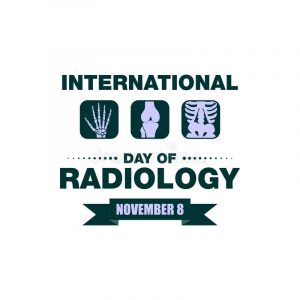 Nowadays, technology has changed things, of course.
Nowadays, technology has changed things, of course.
But at the end of the year, in the not-so-distant past, we used to see such advertisement in the doors of shops.
Business was temporarily stopped to make a list of the remaining commodities and see what needed to be bought for the coming year.
New stocks were ordered, or not renewed, according to the outcome of this important activity: an inventory.
And, for this operation, the shop was CLOSED.
Strangely enough, this memory came back to me with the text of the 1st reading of this Sunday (Acts 14:21-27).
Speaking of Paul and Barnabas, the last verse tells us:
“They assembled the church and gave an account of all that God had done with them.”
To me this is an invitation to… make an inventory of a special kind with the clear sign: OPEN! 
Open our awareness,
open the treasure of our memories,
open our daily experience, to uncover what is hidden there!
Have you ever made such an inventory – of all that God has done with you?
All that God has done in you, for you, through you…
I think that you may be quite surprised with the outcome.
It may be an experience providing you with some astonishing discovery.
And it may give you much encouragement…
All too often, we take for granted much of what God does for us and, yes, with us.
This Sunday may be a good occasion to have a look again at our daily life and activities and…
see from a different perspective what may lie behind the obvious.
A rewarding exercise of… ‘stock taking’!
Note: Another reflection is available on a different theme in French at: https://image-i-nations.com/5e-dimanche-de-paques-annee-c-2019/
 When told that something is free, or at a big discount, some people will rush to benefit from the offer.
When told that something is free, or at a big discount, some people will rush to benefit from the offer. We pretend that we can ‘handle it’, we can manage on our own.
We pretend that we can ‘handle it’, we can manage on our own. For brevity’s sake I shall use the expression ‘rays’; and to distinguish them from others of this name I shall call them ‘X-rays’.
For brevity’s sake I shall use the expression ‘rays’; and to distinguish them from others of this name I shall call them ‘X-rays’. March 24 commemorates the day in 1882 when Dr Robert Koch astounded the scientific community by announcing to a small group of scientists at the University of Berlin’s Institute of Hygiene that he had discovered the cause of tuberculosis, the TB bacillus.
March 24 commemorates the day in 1882 when Dr Robert Koch astounded the scientific community by announcing to a small group of scientists at the University of Berlin’s Institute of Hygiene that he had discovered the cause of tuberculosis, the TB bacillus.